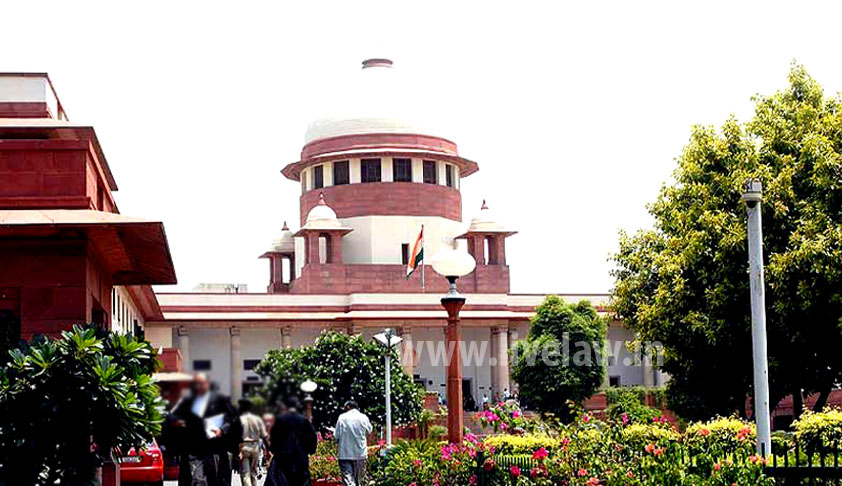Supreme Court upholds Government of India Notification banning Import of Palm Oil through Kerala Ports
Ashok KM
23 Aug 2015 12:13 AM IST

Next Story
23 Aug 2015 12:13 AM IST
The Supreme Court has upheld a 2007 Central Government notification prohibiting the import of palm oil through all the ports of Kerala. The Supreme Court bench comprising of Justices A.K. Sikri and Rohinton Fali Nariman held that there is a sufficient public good sought to be achieved by laying down the exception banning the imports of crude palm oil through ports in Kerala. Dismissing...
